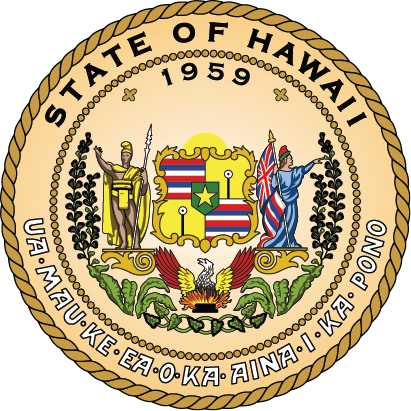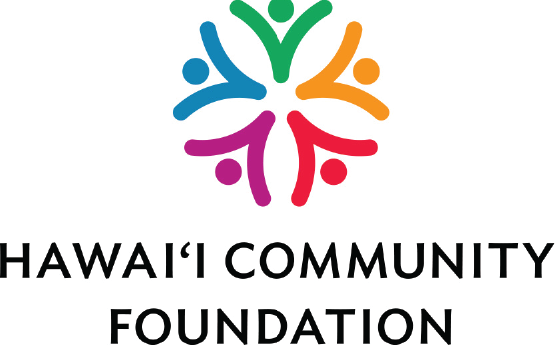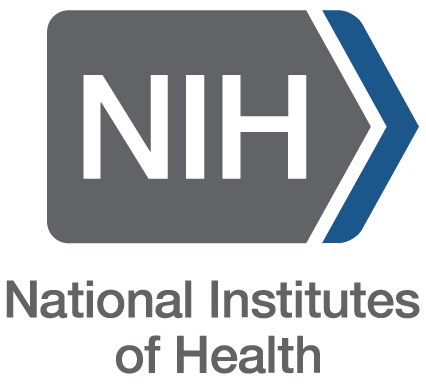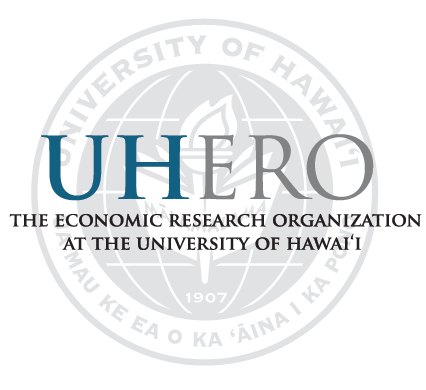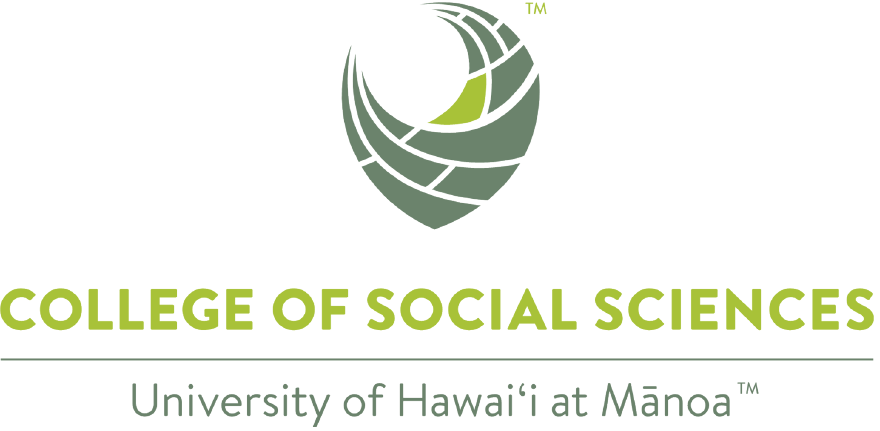By Ruben Juarez and Alika Maunakea
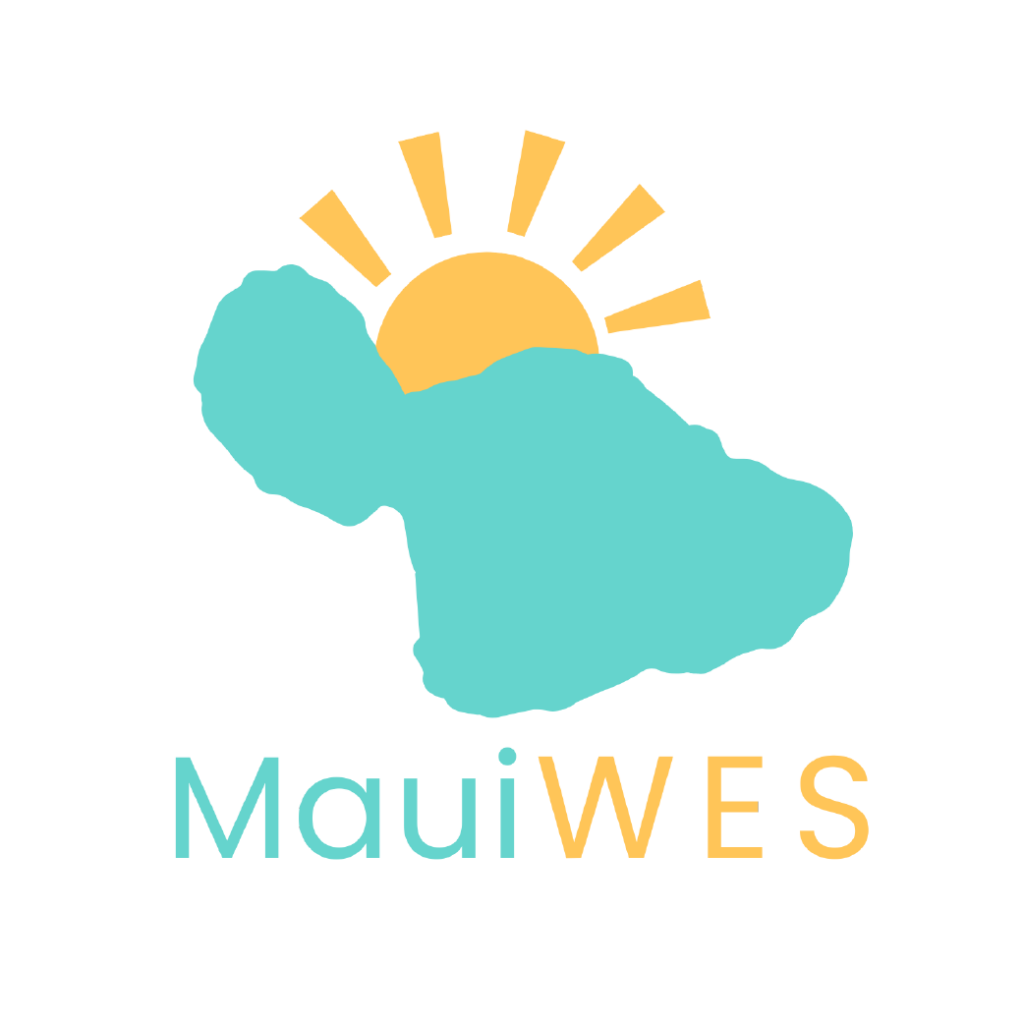
Enhancing Resilience: Building Sustainable Health Registries for Disaster-Affected Communities
December 4-7, 2024, Lahaina, Maui
Workshop Summary, Lessons Learned, and Steps Forward
Executive Summary
The Maui Wildfire Exposure Study and Registry (MauiWES) represents the most comprehensive community-based initiative to date for examining both immediate and long-term health outcomes following the Maui Wildfire. Launched in partnership with community organizations, and several units at the University of Hawaii, the study and registry have recruited over 1,700 individuals—including children, volunteers, and first responders—to participate in biomonitoring. These efforts are complemented by a comprehensive health registry designed to include all individuals impacted, ensuring that affected populations are not only monitored but also directly connected to essential resources, healthcare services, and targeted interventions. To disseminate early findings and foster community engagement, MauiWES convened a large-scale public event at the University of Hawai‘i Maui College in October 2024, attended by over 1,000 community members. This initiative underscores MauiWES’s commitment to culturally responsive communication, community trust, and actionable feedback loops that inform recovery strategies with nationwide implications.
MauiWES Workshop, December 2024:
Enhancing Resilience: Building Sustainable Health Registries for Disaster-Affected Communities
From December 4–7, 2024, the Maui Wildfire Exposure Study and Registry Workshop brought together more than 90 researchers, policymakers, healthcare providers, and community organizations at the Sheraton Maui Resort in Lahaina. The workshop aimed to refine long-term strategies for disaster-affected communities and to enhance the MauiWES framework as a replicable model for national disaster preparedness and recovery. Participants focused on strengthening the health registry, identifying sustainable funding mechanisms, integrating social determinants of health, and emphasizing culturally grounded, evidence-based interventions for mental health and community resilience.
Key Lessons Learned and Priorities for Action
- National Impact and Sustainable Funding: MauiWES offers a scalable model for long-term disaster monitoring, applicable to a range of climate-related events. Ensuring sustainable and flexible funding streams will support continuous biomonitoring, baseline data collection, and the development of prevention-focused care models that could guide national-level preparedness efforts.
- Community Trust and Engagement: Meaningful disaster recovery depends on trust. MauiWES’s approach—co-developing initiatives with community organizations, communicating transparently in multiple languages, and recognizing cultural priorities—builds essential trust with underserved and immigrant populations. These strategies emphasize accessible reporting, mapping local resources, and documenting best-practice partnerships that foster long-term community confidence.
- Addressing Systemic Challenges: Effective recovery extends beyond clinical health outcomes, encompassing housing availability, educational access, and economic stability. MauiWES’s integrated approach to data collection and analysis aims to identify systemic disparities and inform evidence-based policy recommendations. By prioritizing housing-first strategies, supporting affordable housing solutions, and examining long-term socioeconomic factors, MauiWES is positioned to advance holistic, equitable recovery efforts.
- Mental Health and Cultural Interventions: Traditional clinical approaches alone cannot fully address post-disaster mental health needs, especially amid provider shortages and burnout. MauiWES highlights the value of culturally grounded interventions—such as ʻāina-based activities, community farming, and yoga—to support emotional well-being. Training clinicians in disaster-relevant curricula and monitoring the efficacy of these interventions will inform scalable mental health strategies that resonate with affected communities.
- Cultural Competence, Indigenous Knowledge, and Data Sovereignty: MauiWES fosters trust through active collaboration with community organizations, multilingual communication strategies, and culturally responsive outreach, especially for underserved and immigrant populations. Integrating Immigrant and Indigenous knowledge into fire prevention and economic recovery strategies offers sustainable, culturally aligned solutions. Upholding Indigenous Data Sovereignty principles and establishing biorepositories for tracking exposures ensure that data collection and usage are both ethical and transparent. Real-time dashboards, policy briefs, and community updates will provide decision-makers with actionable insights, while paving the way for a National Disaster Registry Toolkit designed to standardize readiness and response efforts.
Conclusion
The Maui Wildfire Exposure Study and Registry Workshop charted a clear course toward advancing disaster recovery, resilience, and health equity. By uniting rigorous scientific inquiry with culturally attuned interventions, long-term monitoring, and strategic policy advocacy, MauiWES sets a national standard for managing climate-related disasters’ health and social impacts. Moving forward, MauiWES will continue to refine its registry, strengthening the link between evidence-based findings and policy actions. The initiative’s emphasis on community priorities, equitable resource distribution, and innovative approaches to mental health will guide scalable, transferable models that not only serve the people of Maui but also inform disaster preparedness nationwide. Through enduring partnerships, sustained investment, and a steadfast commitment to cultural integrity, MauiWES stands poised to rebuild more resilient communities today and to prepare for the challenges of tomorrow.
The workshop presentations can be viewed below and on YouTube.
Dr. Ruben Juarez and Dr. Alika Maunakea, from the University of Hawaii, serve as the principal investigators for the Maui Wildfire Exposure Study and Registry. In their presentation, they highlight the study’s findings and opportunities to date and provide an introduction to the workshop.
Veronica Mendoza, Executive Director of Roots Reborn, discusses strategies for engaging the immigrant community impacted by the wildfires and explores opportunities for collaboration with Kaiser Permanente and MauiWES.
David Tumilowicz, Senior Director of Marketing and Community Health at Kaiser Permanente Hawaii, discusses Kaiser Permanente’s Hawai‘i Health Access Program, which supports immigrant and other populations unable to obtain health insurance due to the impacts of the wildfires.
Ted Larson is a public health expert with the CDC’s Agency for Toxic Substances and Disease Registry. He speaks about monitoring environmental exposures and developing health strategies for disaster-affected communities. His insights focus on guiding public health responses to ensure long-term care and recovery.
Dr. James Cone is the medical director of the World Trade Center Health Registry. He discusses the health challenges faced by 9/11 survivors and responders, including physical and mental health outcomes. His talk emphasizes the importance of long-term health monitoring and support systems after disasters.
Dr. Rafael de la Hoz is a pulmonologist and occupational lung disease expert at Mount Sinai. He shares his research on the health impacts of 9/11 on first responders as part of the WTC General Responders Cohort. His work combines clinical expertise and innovative research to improve outcomes for disaster-exposed populations.
Joseph Green is a director of applied science at the Pacific Disaster Center. He speaks about using data-driven decision-making and risk modeling to enhance disaster preparedness. His work focuses on building resilience and protecting communities from the impacts of disasters.
Dr. David Abramson is a public health professor and disaster recovery researcher at NYU. He discusses findings from his studies on Hurricane Katrina, Hurricane Sandy, and other major disasters. His work highlights the health and social resilience needed for long-term recovery in affected communities.
Dr. Nicole Jones is an epidemiologist and director of the Flint Registry. She speaks about supporting individuals impacted by the Flint Water Crisis through community-based care and health equity initiatives. Her work underscores the role of participatory research in addressing public health challenges and disparities.
Panel discussion with Ruben Juarez, Alika Maunakea, David Abramson, Alison Lee, and Pedro Haro
Noelani Ahia is a cultural practitioner and co-founder of the Maui Medic Healers Hui. She speaks about the role of traditional healing and community-based care in disaster recovery. Her insights emphasize cultural empowerment and sustainable approaches to supporting wildfire-impacted families.
Keala Kaopuiki-Santos, Amy Petersen, and Heidi Taogoshi are healthcare professionals from Hawaii’s Office of Wellness and Resilience and Department of Health. They discuss their work in trauma-informed care and toxic exposure screening for disaster recovery. Their talk highlights innovative, community-focused strategies to address health impacts during crises.
Dr. Stephen Hunt is a physician and environmental health expert specializing in toxic exposures. He speaks about bridging research and clinical care to address environmental hazards and health challenges. His talk highlights screening and treatment frameworks designed for disaster-impacted populations.
Dr. Alison Lee is a leading researcher in respiratory health and environmental exposures. She discusses her work with the Ghana Longitudinal Cohort and the Maui Wildfire Exposure Study. Her insights explore the long-term health impacts of environmental disasters and the role of exposomics in public health.
Dr. Itai Kloog is a professor and environmental exposure modeling expert. He speaks about using big data and geospatial techniques to understand the health impacts of pollution and climate change. His work advances public health interventions and informs global strategies for addressing environmental crises.
Dr. Lisa Sanchez Johnsen is a psychologist and researcher specializing in behavioral health and community-based studies. She discusses integrating culturally sensitive approaches into mental health care and study design. Her talk focuses on addressing mental health disparities and fostering resilience in underserved communities.
Dr. Loic Le Marchand is a leading cancer researcher and principal investigator of the Multiethnic Cohort Study. He shares insights into how genetic, lifestyle, and environmental factors influence chronic disease. His work highlights the importance of precision medicine and addressing health disparities in diverse populations.
Dr. Elizabeth Frankenberg is a population health expert specializing in disaster recovery and resilience. She speaks about her research on the 2004 Indian Ocean tsunami and its long-term impacts on health and economics. Her work provides critical insights into how communities adapt to and recover from major disasters.
Dr. Rosana Weldon is an environmental health scientist and director of the Red Hill Registry. She discusses her work on exposure assessment and the health impacts of environmental contamination. Her talk focuses on advancing research in reproductive and environmental health, particularly for women and children.
Dr. Narayan Sastry is a social demographer and associate director of the Panel Study of Income Dynamics. He discusses his research on social and spatial dimensions of health and development. His work highlights the importance of longitudinal data in understanding intergenerational health and well-being.
Mahalo to our sponsors
